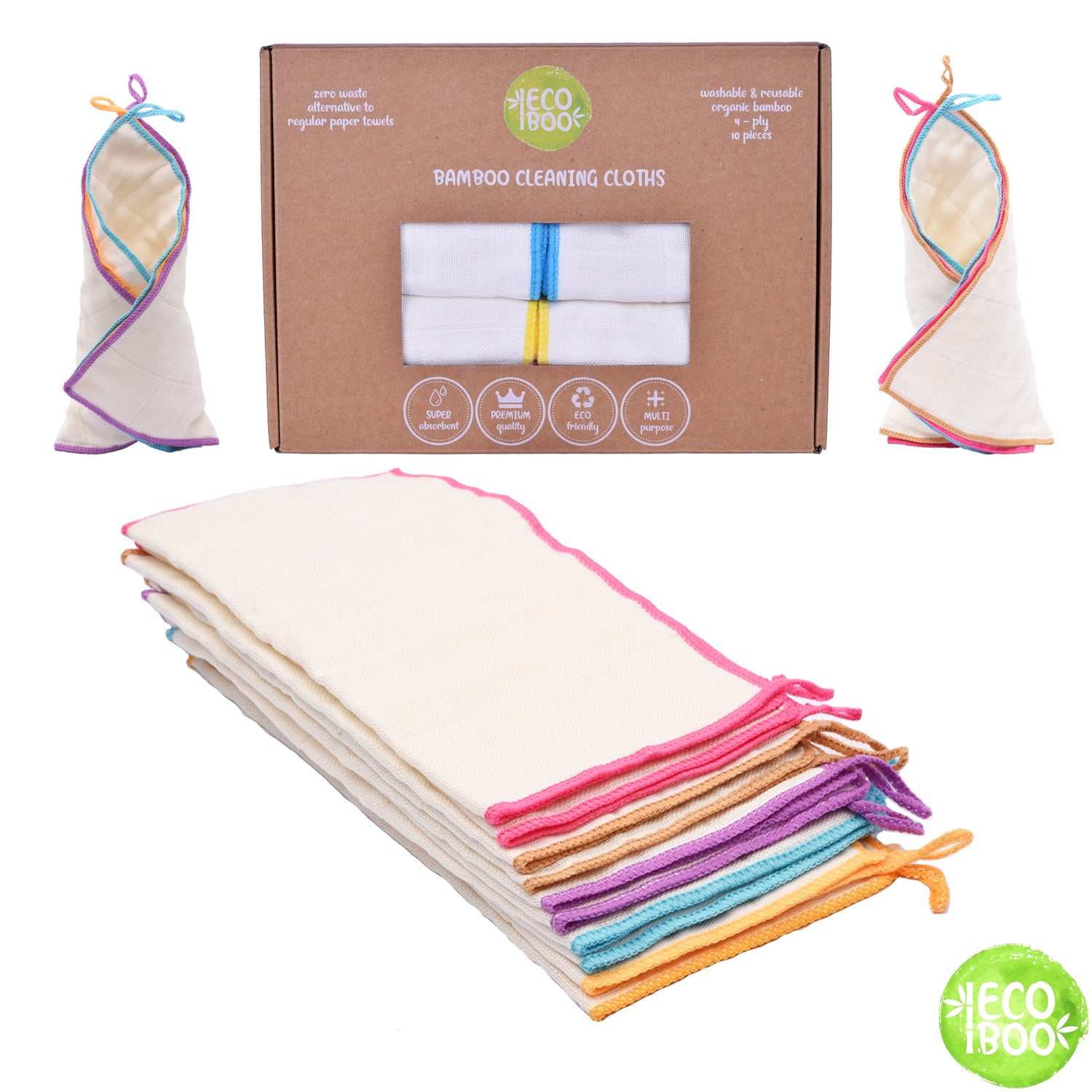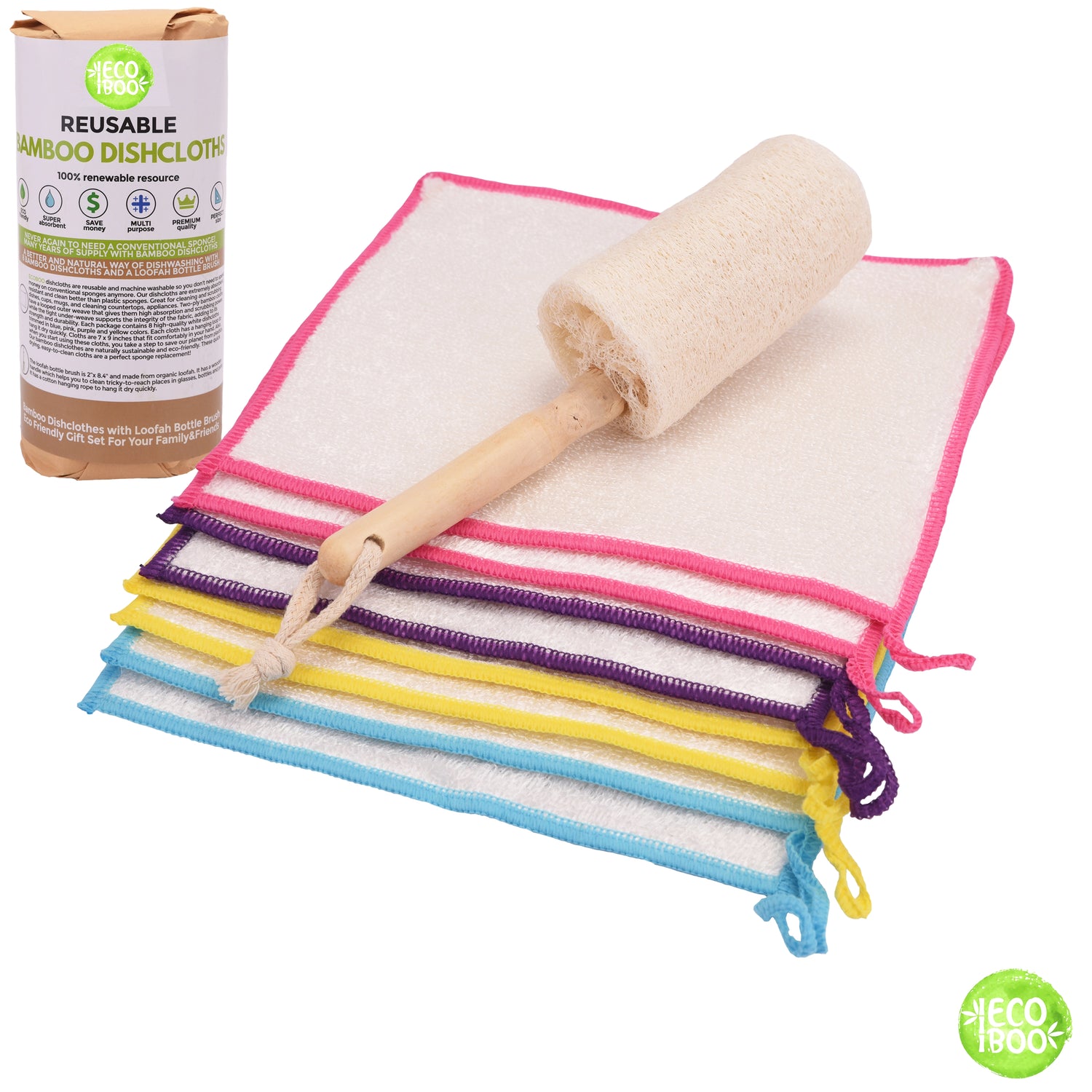Table of Contents
- Understanding Food Waste
- The Importance of Reducing Food Waste
- 1. Plan your meals
- 2. Shop smart
- 3. Store food properly
- 4. Use leftovers creatively
- 5. Freeze food
- 6. Compost
- 7. Donate excess food
- 8. Use a meal delivery service
- 9. Buy imperfect produce
- 10. Educate yourself and others
- What are 10 ways to reduce food waste?
- How can we reduce the amount of food waste in our own homes? List three solutions from the film.
Reducing food waste is one of the most effective ways to reduce our environmental impact and save money.
In fact, according to the Food and Agriculture Organization of the United Nations, one-third of all food produced globally is lost or wasted.
We understand that reducing food waste at home is a critical challenge that affects not only our wallets but also the environment.
It is our responsibility to ensure that we use the resources we have efficiently, and this article aims to provide useful tips on how to do so.
Understanding Food Waste
Food waste refers to food that is discarded or lost uneaten. It includes food that is still edible but thrown away and food that is not edible due to spoilage.
The United States Department Of Agriculture (USDA) estimates that about 30-40% of the food supply in the US is wasted each year, amounting to around 133 billion pounds and costing roughly $161 billion.
The Importance of Reducing Food Waste

Reducing food waste at home has numerous benefits, including saving money on groceries, conserving resources, reducing greenhouse gas emissions, and decreasing the demand for landfills.
Moreover, by reducing food waste, we can contribute to reducing hunger by donating unused food to those in need.
This not only contributes to greenhouse gas emissions but also wastes valuable resources such as water, land, and energy.
Fortunately, there are many ways that we can reduce food waste in our own homes.
Here is a comprehensive guide on how to reduce food waste in your home:
1. Plan your meals
One of the main reasons for food waste is buying too much food that ends up going bad before it can be eaten.
To avoid this, plan your meals for the week and make a list of the ingredients you need.
Stick to the list when shopping, and avoid buying items that are not on the list.
2. Shop smart
When shopping, choose fruits and vegetables that are in season and are likely to last longer.
Avoid buying items that are close to their expiration date, and only buy what you need.
3. Store food properly
Proper storage is crucial for keeping food fresh for longer.
Keep perishable items, such as meat and dairy, in the fridge, and store them at the correct temperature.
Keep fruits and vegetables in separate drawers in the fridge and avoid overcrowding them.
4. Use leftovers creatively
Don't let leftovers go to waste.
Instead, use them to make new meals or snacks.
For example, leftover vegetables can be used to make a stir-fry or soup, and leftover rice can be turned into fried rice.
5. Freeze food
If you have food that you know you won't be able to eat before it goes bad, freeze it.
This is a great way to extend the shelf life of food and avoid waste.
6. Compost
Composting is a great way to reduce food waste and create nutrient-rich soil for your garden.
Compost your food scraps, including fruits and vegetables, eggshells, and coffee grounds.
7. Donate excess food
If you have excess food that you won't be able to eat, consider donating it to a local food bank or charity.
This is a great way to reduce waste and help those in need.
8. Use a meal delivery service
Meal delivery services are a great way to reduce food waste, as they deliver only the ingredients you need for each meal.
This means that you won't have excess food that goes to waste.
9. Buy imperfect produce
Imperfect produce, such as misshapen fruits and vegetables, is often sold at a discount.
Buying these items not only saves you money but also reduces food waste.
10. Educate yourself and others
Finally, educate yourself and others about the importance of reducing food waste.
Spread the word and encourage others to take action to reduce their own food waste.
These are just a few of the many ways that you can reduce food waste in your home.
By taking small steps, we can all make a big difference in reducing our environmental impact and saving money.
What are 10 ways to reduce food waste?

Here are ten more ways to reduce food waste in your home:
-
Learn to love your freezer: Freeze perishable items before they go bad to prolong their shelf life.
-
Buy imperfect produce: Instead of buying only perfectly shaped fruits and veggies, opt for the slightly blemished ones that are still fresh.
-
Store fruits and veggies separately: Some fruits and vegetables release gases that can cause others to spoil faster, so it's important to store them separately.
-
Use your scraps: Vegetable peels, carrot tops, and herb stems can be used to make stocks, soups, and sauces.
-
Buy in bulk: Buying in bulk can reduce packaging waste and save you money. Just make sure to only buy what you need.
-
Cook smaller portions: Cook only what you need and avoid over-serving.
-
Practice FIFO: First In, First Out - rotate your food to ensure you use the oldest items first.
-
Learn to preserve: Canning, pickling, and fermenting are great ways to preserve food and reduce waste.
-
Use the entire ingredient: If you're using a recipe that calls for only part of an ingredient (such as a can of beans), find other ways to use the rest (such as a salad or a soup).
-
Share with your community: Consider organizing a food swap or sharing extra food with your neighbors.

How can we reduce the amount of food waste in our own homes? List three solutions from the film.
The film "Wasted! The Story of Food Waste" offers many solutions for reducing food waste. Here are three:
- Shop smart: Plan meals in advance, buy only what you need, and don't be afraid of imperfect produce.
- Repurpose leftovers: Turn leftovers into new meals or donate them to those in need.
- Get creative: Use food scraps to make stocks, soups, and sauces, and try new recipes that use up ingredients that are about to go bad.
If you're looking to reduce waste in your home and live a more sustainable lifestyle, one easy step you can take is to switch to eco-friendly cleaning products.
That's where Ecoboo comes in.
They offer a wide range of high-quality, reusable cleaning products made from sustainable materials such as bamboo, including reusable paper towels, unpaper towels, dishcloths, loofah sponges, and dishwashing brushes.
By choosing Ecoboo products, you can reduce your environmental impact and save money in the long run by avoiding disposable cleaning products.
So why not take the next step towards a greener home and give Ecoboo a try?
Head to their website to browse their selection of sustainable cleaning products and start making a positive difference in your daily cleaning routine.
With each purchase, you'll be contributing to a cleaner, healthier planet for future generations.
Don't wait any longer, make the switch to Ecoboo today!
If you’re ready to replace your paper towels and kitchen sponge with a sustainable alternative, give Ecoboo Bamboo Paper Towels a try

Check out these positive reviews from several of our customers:








